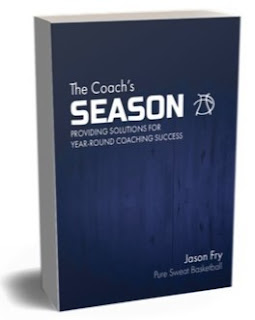Over the next half of century, the story of Marshall football has been an amazing journey of overcoming the most difficult of adversities. The rise from the ashes was long and painful but it showed the greatest of resiliency for a community and continues to inspire a nation today. I could list wins, conference championships, a shining bowl record and even National titles since that tragic evening 49 years ago but the true testament is to the people who rebuilt not just a program but a community.
Yesterday was the annual Memorial Fountain Ceremony in which we turn off the Memorial Fountain on the Marshall campus. I took time away from my work, which I do annually, to watch the ceremony on-line. It is simply and without question one of the most moving and special traditions in college sport. As a student at Marshall and later as a coach of the Thundering Herd women's basketball program, I was blessed to observed in person the wide range of emotions at this event. To be there in person is to remember it at another level for the rest of your life.
Then this morning, as I read our local The Eagle newspaper, I am reminded that not everyone gets it -- or understands what sport can truly be about. Each Friday, the sports department at The Eagle list "This Week's Games" and beside it they have people that predict the outcome of those games. And each week, someone in their infinite wisdom chooses what they call "crummy game of the week." I have never appreciated that category and can only assume that they have no idea what competing is about on the collegiate level despite level of play or records of teams or the hard work and sacrifice by the student-athletes and coaches involved.
Yet my disdain for the "crummy game of the week" went to a new level this morning when it listed the Louisiana Tech at Marshall game as their choice. When the Marshall football team takes the field at Joan C. Edwards Stadium tonight there will be tears for many...it will be represented of the loss we suffered nearly 50 years ago as well as the spirit and love that have helped us to move forward. The Herd will wear special helmets with the number 75 representing each life lost that evening and they will play with a powerful "why." It will be, as it is each season, an amazing day!
I can promise you, it will be the least crummy game played this weekend.
WE ARE MARSHALL!!!









